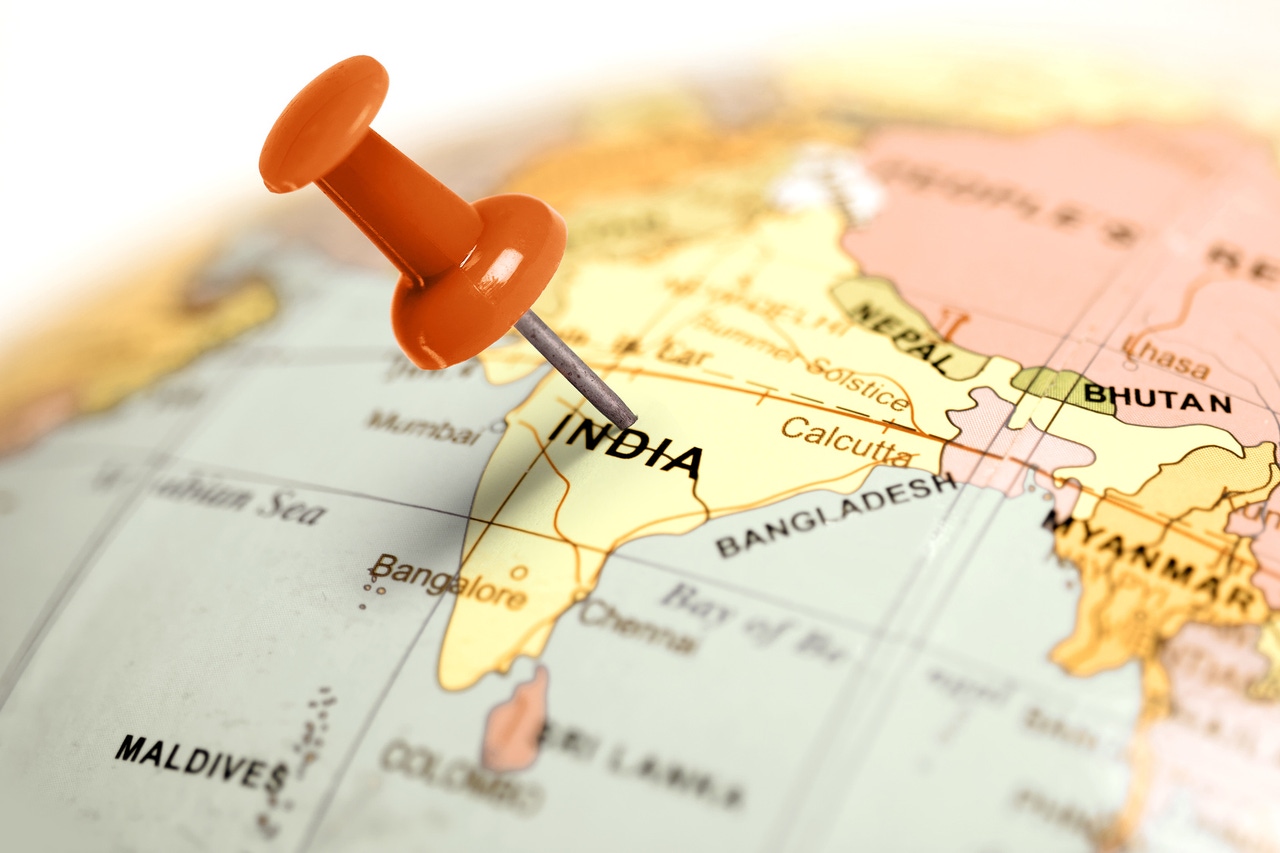Google’s connectivity mission finds new life in IndiaGoogle’s connectivity mission finds new life in India
Google may have shelved it ambitions to enter the US connectivity market, but a tie up with the Pune Smart City initiative proves its very much alive and kicking in India.
February 9, 2017

Google may have shelved it ambitions to enter the US connectivity market, but a tie up with the Pune Smart City initiative proves its very much alive and kicking in India.
According to the Economic Times, Google has won its first city wifi deal, which will put it in partnership with a number of tech players including IBM, Larsen & Toubro (L&T) and RailTel. The contract is worth just over $20 million and was awarded by the Pune Smart City Development Corporation (PSCSCL) which oversees smart city initiatives in the area.
While the connectivity business has been taking blows in the US, it does seem to be on a much healthier foundation in the fast growing Indian market. Prior to this deal, Google has been working with Indian Railways and RailTel to provide wifi at 400 railway stations across India, however this new development will see Google extend its reach to the rest of Pune, in areas such as malls, universities, cafes and transit stations. It’s another positive move in a very lucrative market.
India has the second largest population in the world, with a median age of 27, with the seventh fastest growing economy and more than 237 million internet users (statistics courtesy of the CIA’s World Factbook). The country also has an increasingly wealthy and growing middle class, with internet uptake going upwards very quickly.
According to the KPMG FICCI Media and Entertainment Industry Report, internet penetration is currently at 27%, though it expected to increase the number of users by at least 50 million annually. The US market may be stagnant, which is possibly one of the reasons Google faced difficulties, but the Indian market is growing, and growing fast.
As part of the contract, Google will deploy its Google Station platform, focusing on the revenue side of things to ensure the initiative in self-sustaining, while RailTel will provide last-mile fibre connectivity to enable Wi-Fi hotspots at 200 locations across the city. Pune will collect 15-20% revenue generated through this citywide wifi network. Larsen & Toubro will sit at the top of the pile to help integrate everything together, and IBM will provide many of the smart city technology solutions to act as the backbone of the project.
On the smart cities side of things, Google has done pretty well to get in on the ground floor of a very well-funded initiative in the country. The Indian ‘Smart Cities Mission’ is a government project to develop 109 cities, making them ‘citizen friendly and sustainable’. It has a bank balance of more than $15 billion. Pune is one of the first and most advanced, but it has been pretty successful so far; the roll out across India is only just beginning.
While there are of course humanitarian aims here, Google was after all founded under the motto ‘don’t be evil’, the commercial gains could be quite significant for the search business as well. Sure, Google is just trying to democratize the internet, but if there has to be a default search engine, it might as well be Google, right?
Daily Poll
How ready is your organization to implement artificial intelligence solutions?
Can’t see it before 2019 (59%, 16 Votes)
We’ll begin in 2017 (22%, 6 Votes)
We have some in place now (11%, 3 Votes)
2018 is more realistic (7%, 2 Votes)
Total Voters: 27
About the Author
You May Also Like










.png?width=300&auto=webp&quality=80&disable=upscale)


_1.jpg?width=300&auto=webp&quality=80&disable=upscale)